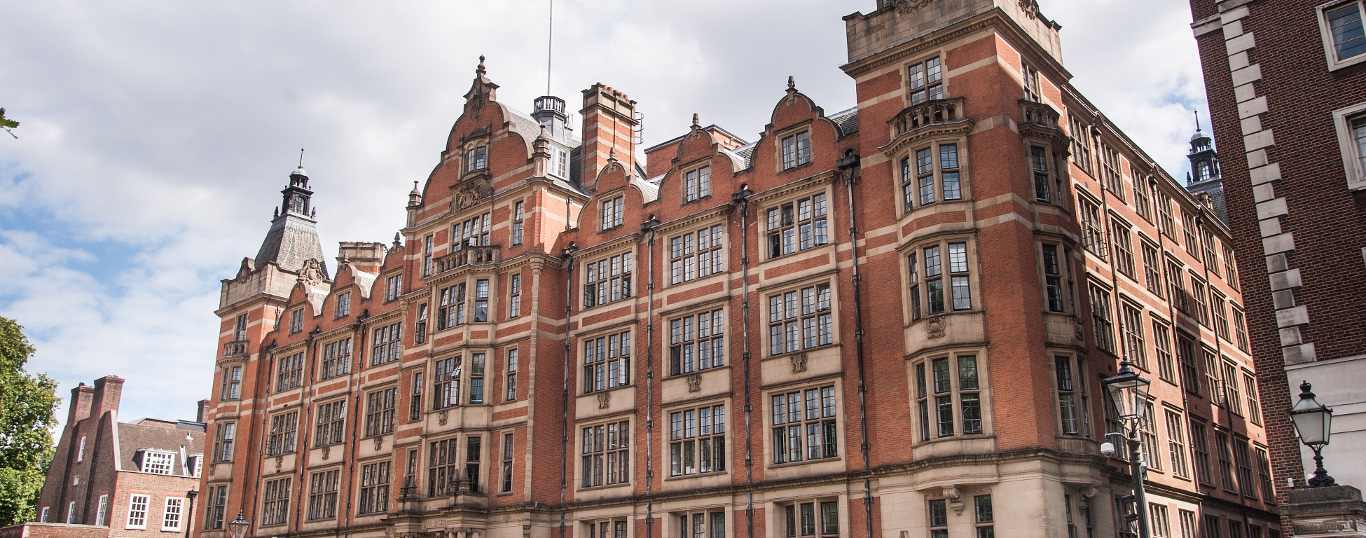
London School of Economics and Political Science
As one of the best-ranking universities in the United Kingdom, LSE ranks #45 among all universities worldwide, according to the QS Ranking Index. Moreover, the World University Rankings classify.
 Times Course Finder
Times Course Finder LSE History
Founded by Sidney Webb and Beatrice Web in 1895, the London School of Economics and Political Science was established through a bequest from Henry Hutchinson. The institute joined the University of London in 1900 and became the university's Economics School. Moreover, the early 1900s saw the institute move its campuses until the Old Building was inaugurated in 1922. In addition, towards the late twentieth century, the school had a handful of Nobel laureate alumni. Today, the university educates over 12,000 students in London, England. Furthermore, LSE officially received degree-awarding status in 2008, setting itself apart from the University of London.

LSE Ranking in the UK
As one of the best-ranking universities in the United Kingdom, LSE ranks #45 among all universities worldwide, according to the QS Ranking Index. Moreover, the World University Rankings classify the institute as #46 among all universities globally. The US News and Report Index ranks LSE #236 among all higher education institutes worldwide. In addition, the European Teacher Rankings rank the university #13 among all its regional competitors. Furthermore, the study on the UK website ranks the institute #4 among all UK educational institutes.
Why the London School of Economics and Political Science?
The university's collaborative campus life and co-curricular academic path make national and international students opt for it. As the world’s leading social science school with the greatest global impact, LSE educates its students intending to foster a community among them and for the improvement of society. Additionally, the institution has an excellent reputation in research and public engagement. The school is a world-leading institution in sustainable practices. 93.1% of LSE graduates find employment or enroll in further education after their graduation, with a mean starting salary of £35,000. Not to mention, LSE Careers offers the LSE Talent Recruit, Career Hub, and several resources for career development. Besides, the institution has seven academic partnerships with universities worldwide. It also has various programs that accommodate its student interests and career prospects. Moreover, the school houses a diverse student community, with over 60% of its students recognized as international students.
Admission Details
Accepting admissions from the United Kingdom and internationally, the university has an acceptance rate of 25%, according to the Admission Report website, making it a highly selective institute. Moreover, International Students must meet program-specific LSE admission requirements for international students to secure admission, all available on their website. In addition, entry requirements for undergraduate and graduate levels differ on individual program levels. All students must fill out the application with a set fee. Furthermore, all international and EU students must score the minimum LSE IELTS requirement for International Students to apply for certain degree levels.
Additionally, our website provides complete information regarding LSE Tuition Fees and Other Costs. Moreover, all academically strong applicants can also avail themselves of several LSE scholarships.
London School of Economics and Political Science Faculties
In addition, with numerous faculties, sub-divisions, and departments, LSE offers an array of fields to its student body. Moreover, the following list covers a range of branches of study.
List of Faculties
1. Arts & Humanities
2. Law
3. Business and Management
4. Social and Behavioral Science
5. Physical Science and Math
LSE Courses
In addition to offering LSE degrees at various specialization levels, the university diversifies LSE Departments.
1. Accounting
2. Anthropology
3. Applied Statistics and Actuarial Science
4. Cities/Urban studies
5. Business
6. Communications
7. Criminology
8. Demography
9. Diplomacy and strategy
10. Economics
11. Economic history
12. Employment relations and human resource management
13. Environment
14. Europe
15. Finance
16. Gender
17. Geography
18. Geography and Environment
19. Government
20. Politics
21. Health
22. Human rights
23. Information systems and innovation
24. International development
25. International History
26. Law
27. Management
28. International relations
29. Marketing
30. Mathematics
31. Media
32. Methodology
33. Migration studies
34. Operational research
35. Organizational behavior
36. Philosophy
37. Public policy
38. Risk and regulation
39. Social psychology
40. Sociology
41. Social inequalities
42. Social science
43. Statistics
44. Social policy
45. Urban Studies
46. Psychological and Behavioural Science
47. Languages
48. Non-governmental organizations (NGOs)
49. Data Science
50. Entrepreneurship
London School of Economics and Political Science Campus
1. Main Campus
Based in the center of London, the campus overlooks London's skyline and is next door to the Royal Courts of Justice. Moreover, the campus provides several recreational spaces for student activity.




